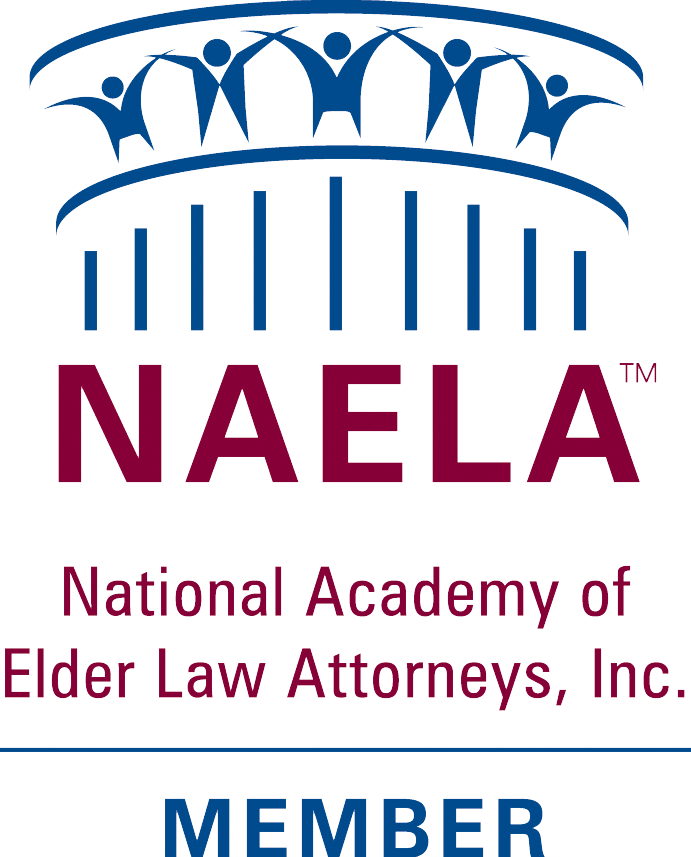Contrary to popular belief, family members do not have an automatic right to make decisions for an incompetent person. A Guardianship is a court proceeding in which the Court appoints a person to manage the affairs of a person who is incompetent or unable to handle their affairs. A Court Appointed Guardian will usually have full rights to make legal, financial, and medical decisions for an incompetent person. Guardianships are common for minor children as well as disabled persons but many Guardianships often involve older people who can no longer manage their affairs. Catastrophic events such as accidents and strokes can cause healthy persons to suddenly become incapable of making decisions and require a Guardian. Unfortunately, Guardianships are usually long and expensive proceedings. In many cases, Guardianships can last for several months, even years. While the proceeding is pending, the person’s assets are usually frozen and their affairs remain in a state of uncertainty. In addition, there are several costs which must be borne by the family. The family will have to pay Court Filing fees to start the proceeding and usually have to hire an attorney to represent them in Court. In addition, the family may have to pay for medical professionals (usually Psychiatrists) to testify in Court and/or write reports concerning the person’s mental capacity. The court will usually appoint an independent attorney (called a Guardian Ad Litem) to investigate the case and write a report with recommendations for the Court. The Guardian Ad Litem is also entitled to a legal fee for their services.
 In many cases, the total costs of a Guardianship can easily range from $10,000 to $20,000. The costs and delays can be even more excessive when there are disputes among the family members. In most cases, the Court will appoint a family member to act as Guardian. However, family members sometimes disagree over who should be appointed as Guardian for their loved ones. In these cases, the Court may appoint an attorney or some other third party to serve as Guardian if the court determines it is in the person’s best interest where there is conflict within the family. In most cases, the nightmare of a Guardianship can be avoided with some simple planning through Advanced Directives such as a Durable Power of Attorney and Health Care Proxy. A person can execute a Durable Power of Attorney authorizing a trusted person to make legal and financial decisions for them in the event they become incompetent. A person can also execute a Heath Care Proxy to appoint a person to make medical decisions in the event they are unable to make decisions. Of course, these documents must be executed while the person is still competent. Once a person becomes incompetent, it is often too late and the Guardianship will be needed in order to make legal, financial and medical decisions. Therefore, it is always better to plan in advance. You should speak to an experienced Attorney for Questions concerning Guardianships and to learn how to avoid them.
In many cases, the total costs of a Guardianship can easily range from $10,000 to $20,000. The costs and delays can be even more excessive when there are disputes among the family members. In most cases, the Court will appoint a family member to act as Guardian. However, family members sometimes disagree over who should be appointed as Guardian for their loved ones. In these cases, the Court may appoint an attorney or some other third party to serve as Guardian if the court determines it is in the person’s best interest where there is conflict within the family. In most cases, the nightmare of a Guardianship can be avoided with some simple planning through Advanced Directives such as a Durable Power of Attorney and Health Care Proxy. A person can execute a Durable Power of Attorney authorizing a trusted person to make legal and financial decisions for them in the event they become incompetent. A person can also execute a Heath Care Proxy to appoint a person to make medical decisions in the event they are unable to make decisions. Of course, these documents must be executed while the person is still competent. Once a person becomes incompetent, it is often too late and the Guardianship will be needed in order to make legal, financial and medical decisions. Therefore, it is always better to plan in advance. You should speak to an experienced Attorney for Questions concerning Guardianships and to learn how to avoid them.
You can email your questions to [email protected].

